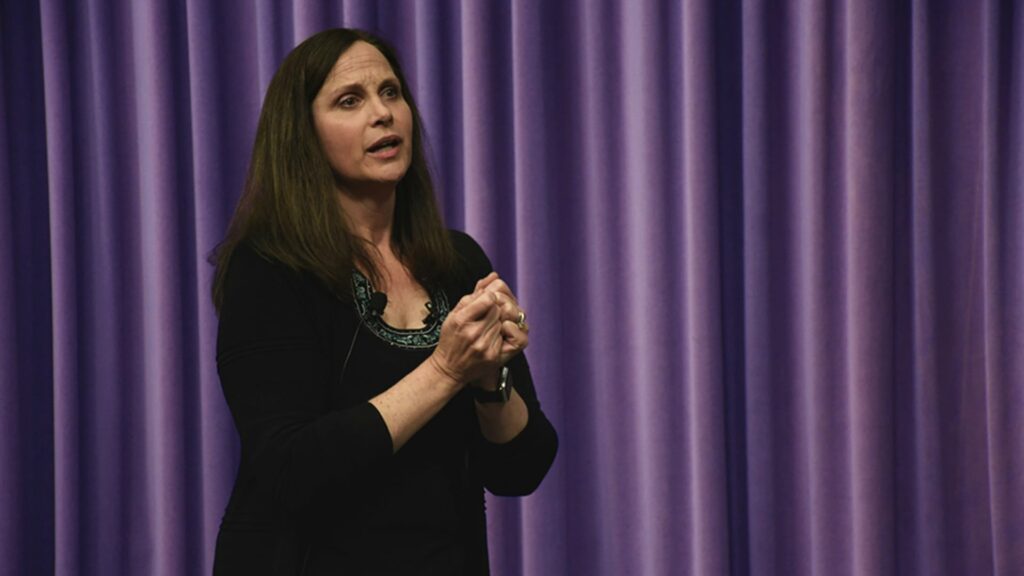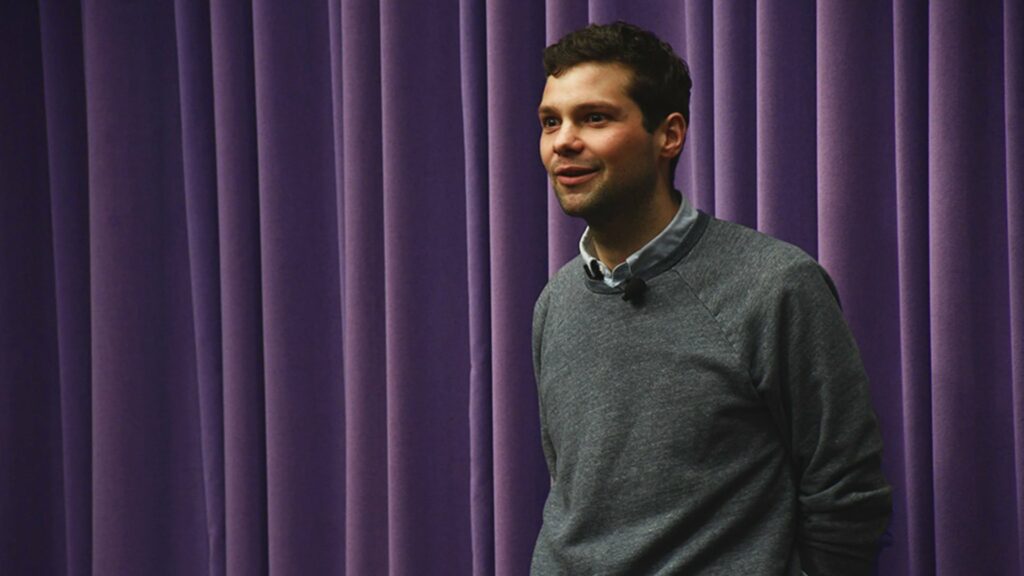
Over the past few weeks, many companies have scrambled to address component and part shortages due to the devastating Tohoku earthquake and tsunami in Japan. While large scale natural disasters cause immediate havoc for buyers and supply chain managers, companies that depend on raw materials are beginning to take notice of other environmental hazards looming on the horizon.
In light of the effects of global development and climate change, the safety of supply chains is a growing concern for corporations. Conservation International Executive Vice President Jennifer Morris sees this “enlightened self interest” from companies as a tremendous opportunity to advance her organization’s mission.
As head of Conservational International’s Ecosystem Finance and Markets unit, Morris works to develop corporate partnerships that support sustainable economic development. While these programs provide Conservation International with important resources, they also help to assuage economic fears of supply chain disruption.
In past years, Morris’ team has worked with major corporations, such as Starbucks, Walmart and Marriott International, to customize programs that successfully protect long-term resource needs, while successfully supporting the livelihoods of local citizens in regions around the globe. According to Morris, by analyzing the environmental risks to supply chains, Conservation International can suggest viable solutions that successfully meet the long-term needs of corporations and the planet.
In the video below, Jennifer Morris discusses how Conservation International helps to ensure supply chain sustainability.







